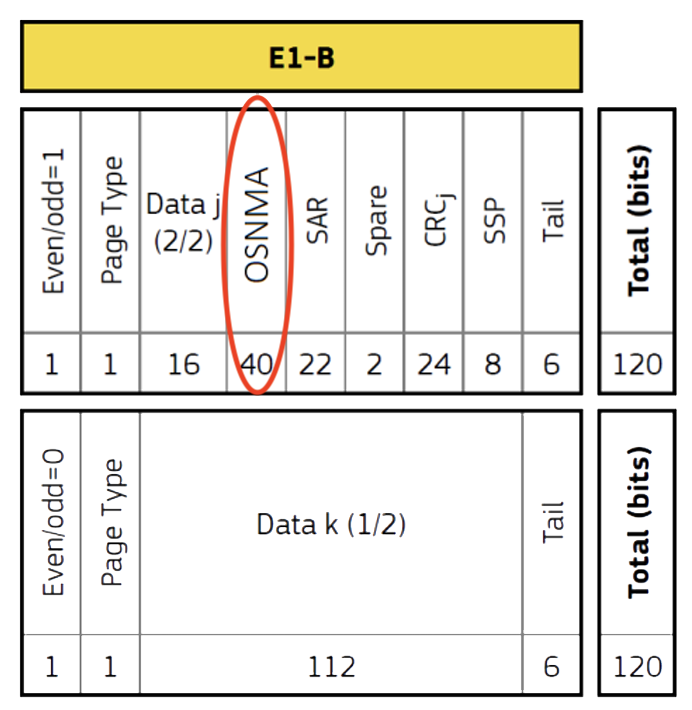3.- Efficiency
In this context, efficiency refers to optimizing the speed and memory requirements of the software receiver. Specifically, we are interested in how fast the software receiver can process the incoming signal, and in particular, if signal processing up to the position fix can be done in real-time using an RF front-end (and how many channels it can sustain in parallel). Efficiency can also refer to the optimization of power consumption required by the processor running the software receiver.
Indicators of Efficiency
It follows a list of possible efficiency indicators for a software-defined GNSS receiver:
- Number of parallel channels that the software receiver can sustain in real-time, given the targeted signal(s) (GPS L1 C/A, Galileo E1B, etc.) of each channel, the sampling rate, the sample data format, and the computational resources available for signal processing.
- Power consumption (in watts) for a given computing platform executing the software receiver and a given computational load in terms of the number of signals and channels to be processed. Power consumption sometimes in given as current (in mA) for a given fixed voltage (in volts).
- Availability of profiling tools and performance tests for identifying processing bottlenecks and measuring computational performance in the supported processing environments (processor architecture, operating system, etc.).



